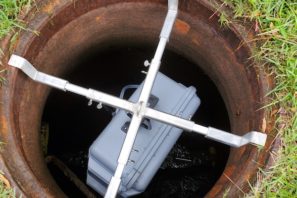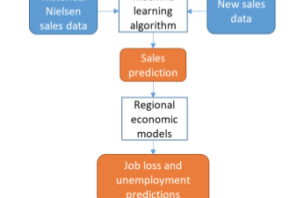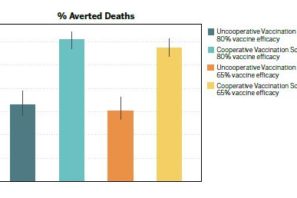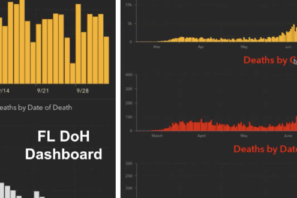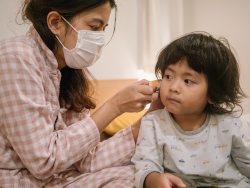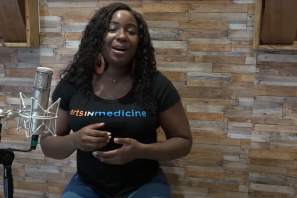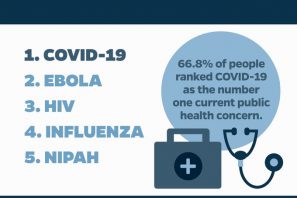Students, staff and faculty get swabbed to check for potential COVID-19 infections. Beneath their feet, another testing system churns away, searching for the virus in UF’s wastewater.
UF Associate Professor of Philosophy discusses ethical actions in difficult circumstances.
As the physical and socioeconomic impacts of the COVID-19 pandemic continue to be explored by different experts, researchers at UF are using data from the past to establish a method for predicting the near-term economic impacts of the pandemic.
A third of American travelers are concerned about coronavirus on domestic flights, according to a new study from the University of Florida.
Never before had the world looked as it had in the spring of 2020, when the start of the coronavirus pandemic convened a number of unusual circumstances all at once.
Which global distribution strategy for a hypothetical COVID-19 vaccine will save the most lives?
A team of researchers at the University of Florida are using mathematical models to evaluate the impact of current and future COVID-19 interventions.
A new University of Florida epidemiological study finds that while children are less susceptible to COVID-19, when they do become infected they can be nearly 60% more likely than adults over 60 to infect exposed family members.
UF Engineering researcher Eric Jing Du received a NSF RAPID Grant to study how people can have improved responses to future global crises.
Center for Arts in Medicine researchers help explore the effects of social isolation.
Many Americans are facing troubling emotional and lifestyle consequences of the self-isolation necessitated by the novel coronavirus pandemic. Lack of...
80 percent of respondents indicated they would get a vaccine for COVID-19 if it were available

